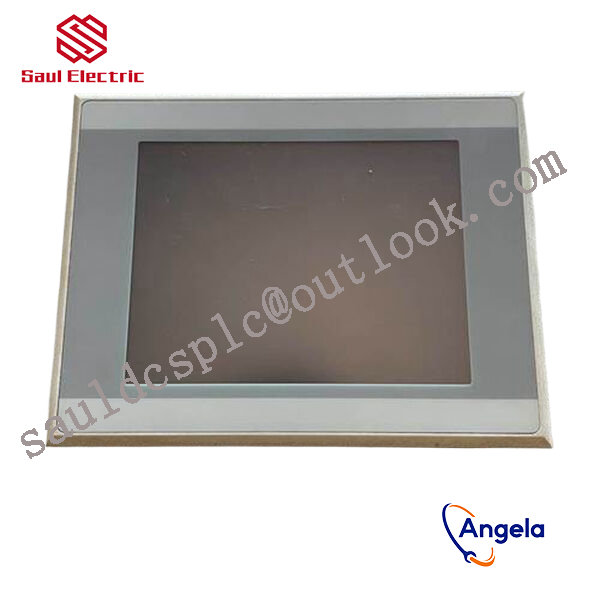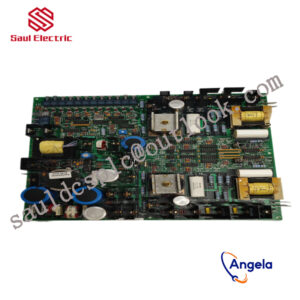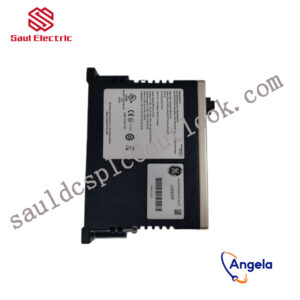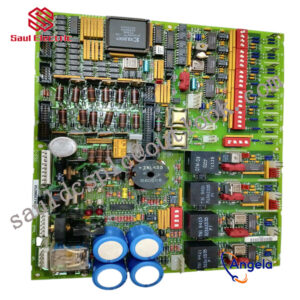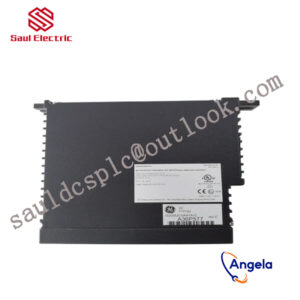Description
- 32-bit DSP digital control mode
- Low vibration, low noise, low power consumption
- Maximum output current 3A/phase
- Adopting CAN bus and supporting standard CANopen communication protocol, it can load up to 127 devices
- Supports three modes: protocol position control, speed control, and periodic position control
- Current setting, subdivision, motor start stop control, and real-time monitoring of motor operation can be achieved through the bus
- 2-channel optoelectronic isolation programmable input interface
medical equipment, various types of robots, robotic arms, automated production lines, and various CNC machine tools.
Japan is a major country in the production, development and use of robots. After World War II, Japan had a shortage of labor force and purchased a large number of robots from the United States to replace human labor. Later, Japan conducted research and improvements on these robots, which led to the rapid development of its own robot industry. Moreover, because Japan has less land and more people, The population is aging seriously. Japan has long attached great importance to robots, especially in service robots and industrial robots, both of which are far ahead in the world. It can be said that “Japan is the country that uses the most robots in the world.”Japan FANUC (Fanuc)FANUC is known as the “Giant under Mount Fuji.” Since the advent of FANUC”s first robot in 1974, FANUC has been committed to leadership and innovation in robotics technology. It is the only company in the world that uses robots to make robots (even if other companies dare to promote it to the outside world, they may not really be able to do so). To), is the only robot company in the world that provides integrated vision systems, and the only company in the world that provides both intelligent robots and intelligent machines.Founded in 1956, FANUC is the world”s largest professional CNC system manufacturer, occupying 70% of the global market share. There are as many as 240 types of FANUC robot product series (not all of its own products are displayed at every exhibition…), with a load capacity from 0.5 kg to 1.35 tons, and are widely used in assembly, handling, welding, casting, spraying, palletizing, etc. Different production links can meet a variety of needs. Japan Yaskawa (Yaskawa)Yaskawa Electric was founded in 1915 and initially specialized in the production of electric motors. Originating from an in-depth understanding of motor products and the concept of “contributing to society and public utilities with unique technology”, after more than 100 years of dedicated research and development, Yaskawa Electric is now second to none in many fields. The company”s frequency converters/servo motion control/industrial robots and motor products are recognized by users in various fields around the world. Yaskawa products represent high performance, high reliability and high safety. In 1977, Yaskawa Electric used its unique motion control technology to develop and produce Japan”s first fully electrified industrial robot – Motoman 1. Since then, it has successively developed various automated robots for welding, assembly, painting, transportation, etc., and has been leading the global industrial robot market, diversifying the use of the most suitable robots to meet user needs. Today, Japan”s Yaskawa MOTOMAN series of robot products are widely used in arc welding, spot welding, gluing, cutting, handling, palletizing, painting, scientific research and teaching.The birthplace of robots – the United StatesThe United States is the birthplace of robots. It developed the world”s first industrial robot as early as 1962. It started at least five or six years earlier than Japan, known as the robot kingdom. After more than 40 years of development, the United States has now become one of the world”s leading robotics powers, with a solid foundation and advanced technology. Compared with other countries, American robot technology is more comprehensive, advanced, and highly adaptable. In addition, the intelligent technology of American robots is also developing rapidly. Its vision, touch and other artificial intelligence technologies have been widely used in the aerospace and automobile industries. Highly intelligent and difficult military robots and space robots have developed rapidly and have been actually used in Mine clearing, mine laying, reconnaissance, guarding and space exploration.Adept Technology, USA The most famous industrial robot company in the United States is Adept Technology. The company is located in Livermore, California, and is a global leader and service provider of intelligent visual robot systems. The Adept system”s unrivaled cost-effectiveness throughout the entire product cycle enables users to easily complete assembly, processing and packaging with high precision, quality and efficiency. Adept Technologies was founded in 1983 as the largest manufacturer of industrial robots in the United States. Adept”s intelligent automation product line includes industrial robots, configurable linear modules, machine controls for robots and other flexible automation equipment, machine vision, systems and application software.China”s industrial robot star company develops rapidlyIn the past two years, with the proposal of national strategic emerging industries and the steady advancement of high-level and in-depth integration of informatization and industrialization, China”s intelligent manufacturing equipment field has received widespread attention from the entire society. As a representative of the field of intelligent manufacturing, industrial robots are playing an increasingly important role in the process of industrial transformation and upgrading. Driven by the incentives of industrial policies and market demand, China”s industrial robot industry has achieved rapid growth in recent years, and the industrialization capabilities of leading companies in the industry have continued to improve. At the same time, more and more companies are actively involved in the robot industry. [!–empirenews.page–]
XV-152-D8-10TVR-10 Intelligent operation control system
XV-440-10TVB-1-20 Human Machine Interaction
MEMORY-CF-BRS-3 Eaton human-machine touch screen
XN-KO/2 Capacitive touch screen and resistive touch screen
XV-102-D8-57TVRC-10 Eaton human-machine touch screen
MV4-690-TA2-XX0 Intelligent operation control system
MS2-430-12MPI-1-10 Capacitive touch screen and resistive touch screen
MC2-442-57CQB-1-20 EATON Touch Panel
XV-102-B2-35TQR-10 Intelligent operation control system
XVC-601-GTI-10-V1-010 Eaton human-machine touch screen
XV-303-10-CE0-A00-1C EATON Touch Panel
XV-440-10TVB-1-1AB EATON Touch Panel
SW-CAN-MONITOR Eaton human-machine touch screen
XC-CPU202-EC4M-8DI-6D0-XV Intelligent operation control system
XN-ANBZ-RT EATON Touch Panel
XN-ANBZ-RT/BL-BED EATON Touch Panel
XV-303-15-C02-A00-1B EATON Touch Panel
XV-102-D6-70TWRC-10 EATON HMI Human Machine Interface
XN-B3S-SBB Intelligent operation control system
XN-2DO-24VDC-2A-P EATON Touch Panel
MH2-340-57MPI-1-1E Human Machine Interaction
XV-112-DB-70TWRC-70 Eaton human-machine touch screen
MC2-442-57CQB-1-21 Eaton human-machine touch screen
MC2-440-10TVB-1-10 EATON HMI Human Machine Interface
MH2-340-57BAS-1-1D Eaton human-machine touch screen
XV-440-10TVB-1-1U Eaton human-machine touch screen
XVS-430-10MPI-1-10 EATON HMI Human Machine Interface
XVS-460-57MPI-1-1A Eaton human-machine touch screen
XN-KO/11 Capacitive touch screen and resistive touch screen
XVM-410-65TVB-1-11 EATON HMI Human Machine Interface
XN-KO/1 Capacitive touch screen and resistive touch screen
XV-252-57CNN-1-1KVAR08 EATON HMI Human Machine Interface
XT-BCB-TP Intelligent operation control system
XV-102-B2-35TQR-10 EATON HMI Human Machine Interface
XV-230-57MPN-1-10-PLC-SET EATON HMI Human Machine Interface
XN-S6S-SBCSBC Eaton human-machine touch screen
MC2-442-57CQB-1-1C Eaton human-machine touch screen
MC2-440-12TSB-1-1K EATON HMI Human Machine Interface
XVC-601-GTI-12-V1-000 Eaton human-machine touch screen

